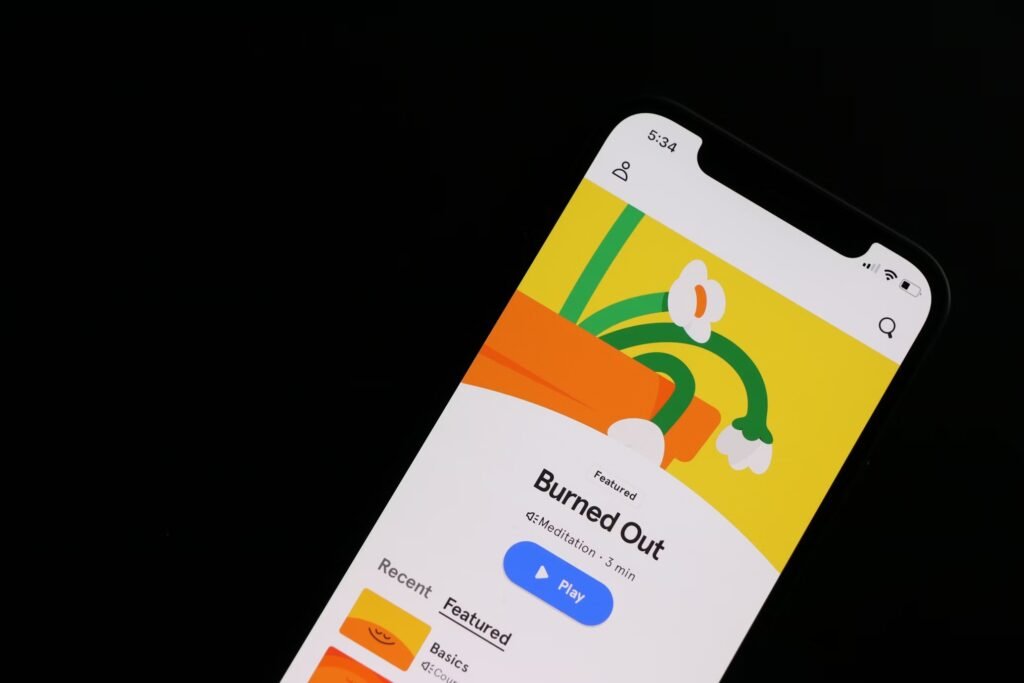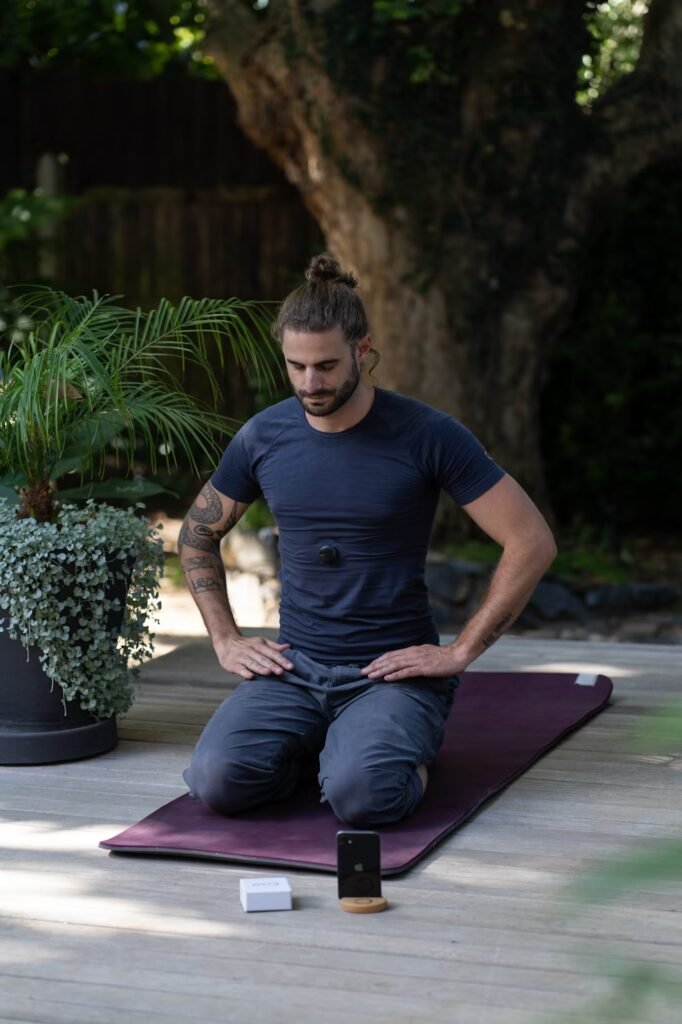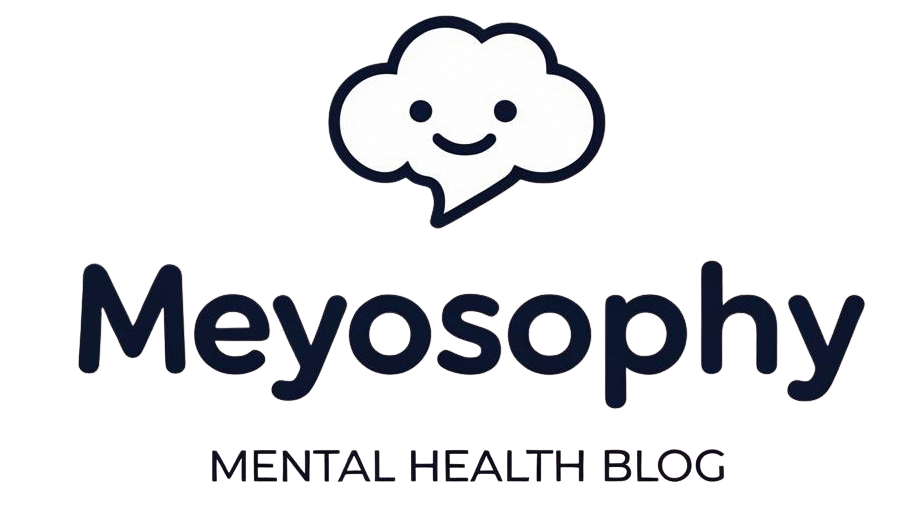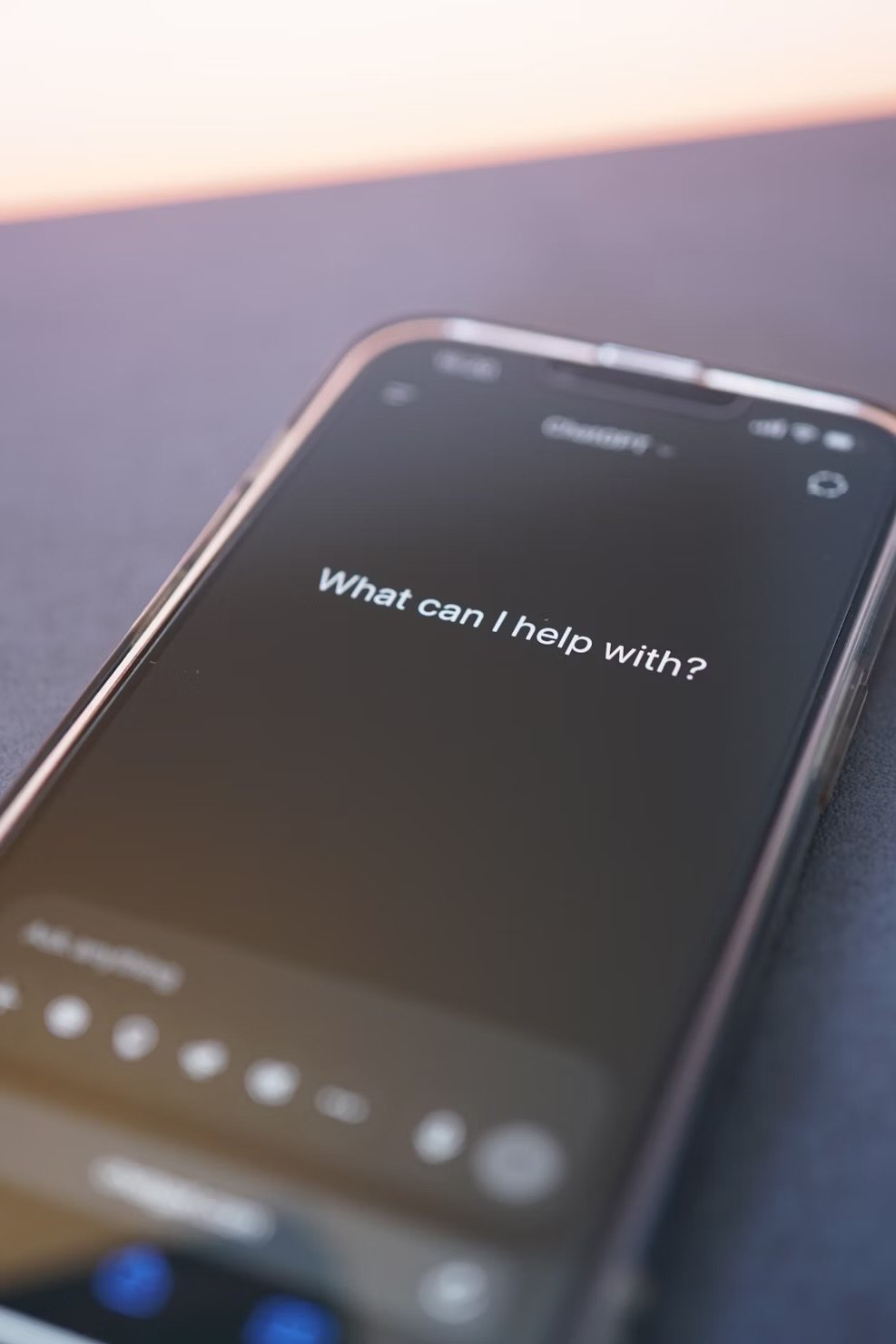Mental health can be tough. Panic attacks, racing thoughts, depression, or just feeling overwhelmed, it can all get heavy. Therapy is incredibly helpful, but not always available. That’s where mental health apps come in.
Think of them as pocket-sized support systems. They won’t replace a therapist, but they can give you tools and comfort when you need it most: on the bus, before bed, or even during a panic attack.
This guide covers my top 10 of the best mental health apps in 2025: what they do, who they’re best for, cost, and how to get them.
Disclaimer: I’m not a mental health professional, everything here is shared from research and personal experience. If you’re feeling overwhelmed or need support, please consider talking to a qualified professional. You’re not alone. If you’re in the U.S., you can call or text 988 anytime. For help in other countries, visit https://findahelpline.com.
Why Try a Mental Health App?
- Support anytime, anywhere; midnight panic? There’s an app for that.
- Build daily routines; meditation, journaling, grounding, sleep support.
- Affordable; many are free or cheaper than weekly therapy.
- Diagnosis-friendly; help for anxiety, depression, panic disorder, insomnia, and more.
- Great with therapy; track your moods or practice skills between sessions.
They’re tools, not cures. But tools can make the journey a lot easier.
10 Best Mental Health Apps
Here’s a breakdown of the most popular and useful apps in 2025.
1. Headspace: Mindfulness for Beginners
- Best for: Stress, anxiety, and people new to meditation.
- What it does: Short guided meditations, mindful breathing, and “sleepcasts” (bedtime audio to help you drift off, like a podcast for bedtime).
- Why it helps: Only 5–10 minutes a day makes it doable for beginners. Builds a habit of slowing down. Great before bed.
- Price: Free basics; Premium ~€12/month or €60/year.
- Find it: iOS, Android, Web.

2. Calm: Sleep & Relaxation
- Best for: Insomnia, stress, and racing thoughts at night.
- What it does: Sleep stories (some read by celebrities), meditation, calming music, and breathing tools.
- Why it helps: Creates a soothing nighttime routine, perfect if you can’t switch off.
- Price: Free basics; Premium ~€13/month or €70/year.
- Find it: iOS, Android, Web.
3. DARE: Panic & Anxiety Relief
- Best for: Panic attacks, health anxiety, general anxiety.
- What it does: Based on the DARE response method (my favorite book for anxiety and panic). Offers guided audios, panic relief exercises, and a supportive community.
- Why it helps: Instead of fighting anxiety, it teaches you to accept and “ride the wave” which makes attacks less scary.
- Price: Free basics; Premium ~€11/month or €60/year.
- Find it: iOS, Android.
4. MindShift CBT: Practical Anxiety Tools
- Best for: Panic disorder, phobias, social anxiety.
- What it does: CBT-based tools like thought journals, worry time, calming exercises, and exposure practice.
- Why it helps: It’s structured and evidence-based, but still easy to use.
- Price: Free.
- Find it: iOS, Android.
5. Wysa: Chatbot + Coaching
- Best for: People who want private, anonymous support.
- What it does: AI chatbot you can “text” when you’re anxious or low. Uses CBT and DBT techniques. Paid version adds human coaching.
- Why it helps: Feels like a safe place to vent or work through your thoughts when you’re not ready or can’t talk to someone else.
- Price: Free basics; Coaching ~€25–30/week.
- Find it: iOS, Android.
6. Finch: Self-Care With a Virtual Pet
- Best for: Motivation, self-care, and building healthy habits.
- What it does: You take care of a virtual pet bird by completing self-care activities like journaling, breathing, or daily check-ins.
- Why it helps: Turns mental health into something playful and rewarding, especially nice if you struggle with motivation.
- Price: Free basics; Premium ~€5–8/month.
- Find it: iOS, Android.
7. Moodfit: Mood & Habit Tracker
- Best for: Depression, stress, or burnout.
- What it does: Tracks mood, sleep, exercise, and other habits. Offers tools like gratitude journaling and breathing exercises.
- Why it helps: Shows patterns (like poor sleep making moods worse), so you can make small changes.
- Price: Free with in-app purchases.
- Find it: iOS, Android.
8. Insight Timer: Meditation Without the Price Tag
- Best for: People who want meditation but don’t want to pay.
- What it does: Over 100,000 free meditations, talks, and calming music.
- Why it helps: Huge variety, from anxiety relief to trauma recovery. Great if you’re picky or like options.
- Price: Free; Premium ~€60/year.
- Find it: iOS, Android, Web.
9. BetterHelp / Talkspace: Therapy Anywhere
- Best for: People who want real therapy without leaving home.
- What it does: Matches you with licensed therapists for text, audio, or video sessions.
- Why it helps: Gives you professional support, often faster than waiting lists.
- Price: Around €60–80/week, billed monthly.
- Find it: iOS, Android, Web.

10. Daylio: Journaling Without Writing
- Best for: People who hate long journals but want to track their mental health.
- What it does: Quick mood check-ins with emojis + activity logs. Builds charts over time.
- Why it helps: Simple, visual, and takes less than a minute a day.
- Price: Free basics; Premium ~€4/month.
- Find it: iOS, Android.
Which App Fits Which Struggle?
- Panic attacks / Anxiety: DARE, MindShift CBT, Headspace
- Depression: Moodfit, Daylio, Wysa
- Stress & Burnout: Headspace, Calm, Insight Timer
- Sleep problems: Calm, Headspace, Insight Timer
- Motivation & Self-care: Finch, Moodfit
- If you want therapy access: BetterHelp / Talkspace
How to Get the Most Out of Mental Health Apps
- Pick 1-2 apps, don’t overwhelm yourself.
- Be consistent daily practice is better than ”big sessions”.
- Use free trials, test before paying.
- Pair with therapy. Bring your logs or insights to sessions.
- Be gentle with yourself. Some days you won’t feel like it, and that’s okay.

Final Thoughts
Mental health apps aren’t magic fixes, but they can give you real, practical tools for the hard moments. Whether it’s calming your breath during a panic attack, tracking moods, or building healthier habits, there’s an app for you.
Your mental health matters. These apps won’t replace therapy, but they can give you a little extra support each day.

